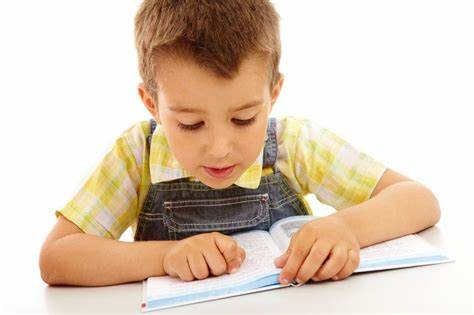
Reds Flags for Dyslexia
Dyslexia is a language-based learning disability that can impact a child’s ability to hear sounds, understand written symbols and the sounds they make, remember and form written symbols (alphabet) and impact a host of other learning skills.
The signs of dyslexia can appear as early as preschool however, the earliest testing is usually done is after a child completes Kindergarten.
In the preschool years children with dyslexia may struggle to learn the names of letters. She or he may struggle learning to spell his/her name. The child may mispronounce many words. For many young children with dyslexia rhyming is very difficult.
In Kindergarten and first grade students make ready errors that indicate they are relying on book illustrations rather than using the words provided. They will often say the don’t like reading and that it is hard. Sounding out words is difficult for a child with dyslexia. At this age learning the sounds of letters (ex: B says “b”) is challenging.
As a child progresses through school reading will be slow and awkward. Children have trouble with unfamiliar words and often guesses at words. These children don’t have a strategy for reading new words. The child may avoid reading out loud.
As the child gets older (second grade and up) language differences are more apparent. Children began to demonstrate word retrieval difficulties. They may say “um” or “uh” a lot and use filler words like stuff, guy and things. Children with dyslexia often make semantic errors. These are labels that are in the same semantic class or may sound alike such as latitude for attitude. Children often mispronounce unfamiliar or complicated words. It may seem that the child needs a long amount of time to process information.
In day to day activities a child with dyslexia may have difficulty remembering names, dates, telephone numbers and lists of items (ex: planets). These children may struggle to finish tests on time. Children with dyslexia have significant difficulties learning oral foreign languages. Often these children have poor spelling, make grammar mistakes on words that sound the same (like their and there) and messy handwriting.
Children and adults with dyslexia do not struggle with cognitive delays. Children and adults with dyslexia can have superior intellectual skills.
If you have concerns about your child, we can help! Call us at 651-636-4155 for more information.
Source: The Yale Center for Dyslexia and Creativity
